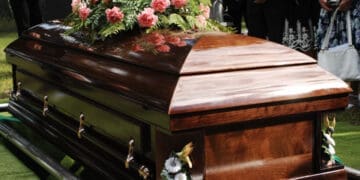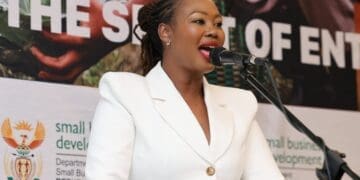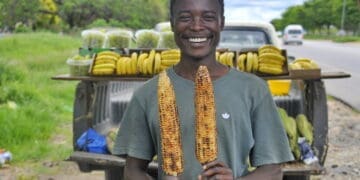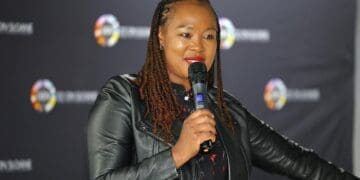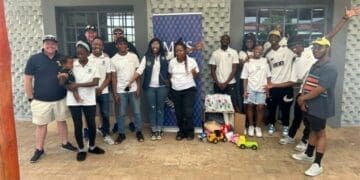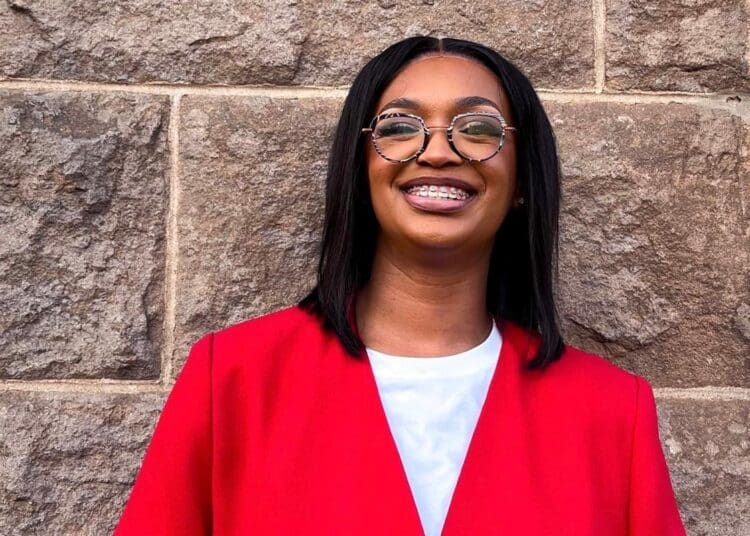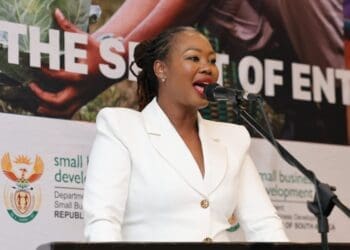Every month, millions of women in South Africa face a problem few talk about, their period and discomfort. For many it means missing school, awkward moments at work and insecurity.
For teenagers and young women, it can also bring shame and stress, affecting their confidence and daily life.
Carol Morena, founder of Carol.M Lingerie, refused to accept this as the norm.
Her solution is leak assist underwear, which combines comfort, style and absorbency. It is designed to look like regular underwear, but with hidden features that manage heavy flows, making it both functional and empowering.
They are currently sold online through the brand’s website, retailing at R250 for a pack of two for adults and R250 for a pack of three for children.
For now, the company supplies directly to consumers, but Morena is open to partnering with NGOs, schools and retailers to reach more women and girls.
The idea came from her own struggle.
“I have a heavy flow on my period days and couldn’t find anything that worked,” she said.
“I was done waiting for someone else to solve it so decided to create my own solution.”
She realised that a product that addressed real women’s needs was missing in the market.
Designing the underwear was a challenge. Fabrics were either soft and stylish but not absorbent, or absorbent but bulky. Many suppliers did not understand her vision.
After months of trial and error, Morena developed a Carol developed a solution.
She tested multiple prototypes herself, adjusting layers, stitching and materials until she achieved the right balance of comfort, style and protection. The response was immediate.
Moerna said messages poured in daily from young students and working professionals describing how the underwear had changed their lives.
“Seeing women light up because they finally feel understood, it’s humbling,” she said.
Her innovation is not just about clothing it is about empowerment and relief.
Looking ahead, Moerna plans to expand local manufacturing, partner with schools and government programmes to tackle period poverty and make the underwear as common as pads.
She also wants to create jobs through local production, contributing to economic growth while solving a pressing social problem.
The business owner tests every design herself.
“I ask, ‘would I wear this on my period?’ If the answer is no, it goes back to the drawing board,” she explained.
This ensures that women get a product that works.
Her advice to young women innovators is simple, start with their own experiences.
“The problems you face are often the problems others face too. Don’t dismiss your ideas because they feel personal. Your lived experience can spark something meaningful.”

